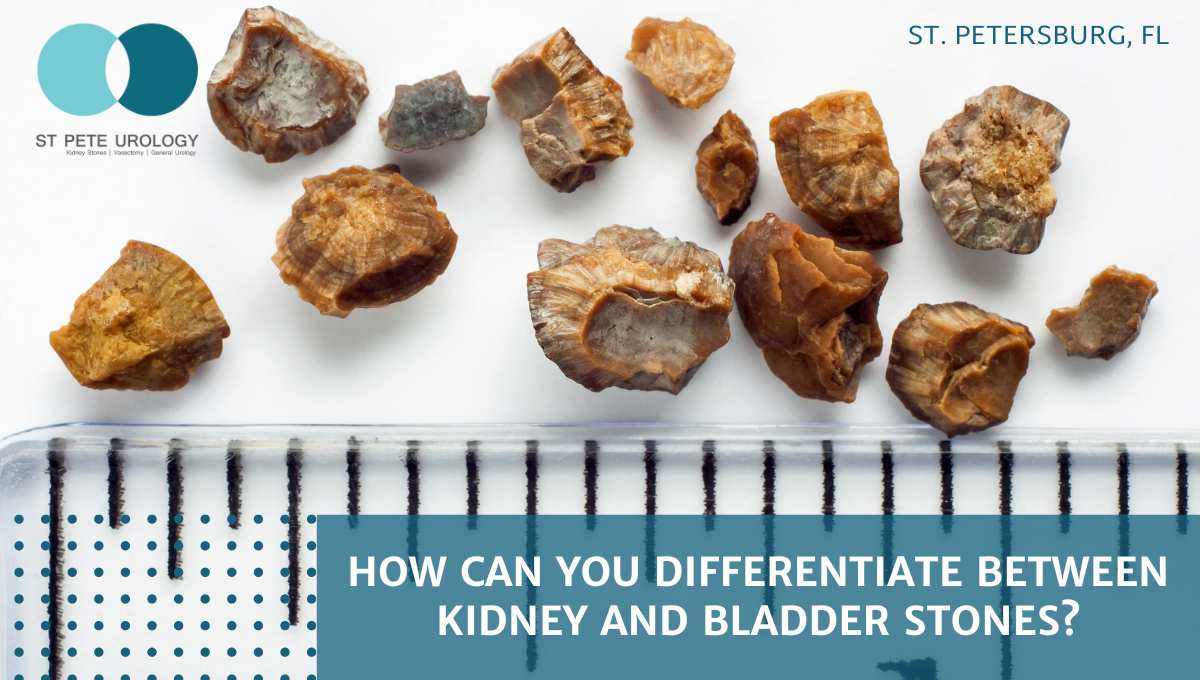Kidney Stones vs UTI: Specialist Insights on Effects, Analysis, and Management
Kidney Stones vs UTI: Specialist Insights on Effects, Analysis, and Management
Blog Article
Checking Out the Effects and Causes of Kidney Stones in Comparison to Urinary System System Infections: An In-depth Overview
The expedition of kidney rocks and urinary system system infections (UTIs) exposes an intricate interplay of signs and symptoms and underlying causes that warrant cautious evaluation. While both problems can result in hematuria, they offer distinctive medical functions and develop from different etiological aspects. Comprehending the nuances of each condition is vital for efficient diagnosis and monitoring. What are the crucial differences in their signs and symptoms, and exactly how might these notify treatment methods? The solutions to these questions might offer vital understandings right into the avoidance and care of these typical urological problems.
Introduction of Kidney Stones
Kidney rocks, additionally understood as kidney calculi, type when certain materials in the urine crystallize and aggregate, bring about the growth of difficult down payments within the kidneys. These rocks can differ in size, ranging from a grain of sand to a golf round, and can be composed of different products, the most usual being calcium oxalate, uric acid, struvite, and cystine. The formation of kidney stones is influenced by a number of aspects, consisting of nutritional routines, liquid intake, and hereditary proneness.
Signs and symptoms of kidney stones might include extreme discomfort in the back or side, blood in the pee, queasiness, and constant peeing, specifically as the rock relocates through the urinary system system. Diagnosis generally includes imaging studies such as ultrasound or CT scans, together with urinalysis to determine the rock's make-up.
Therapy options differ based upon the dimension and kind of stone, along with the severity of signs and symptoms (Kidney Stones vs UTI). Little rocks may pass normally with increased liquid consumption, while bigger rocks may need clinical interventions such as lithotripsy or surgical elimination. Understanding the pathophysiology and threat elements linked with kidney rocks is vital for reliable avoidance and administration
Review of Urinary System Infections
Urinary system infections (UTIs) are common microbial infections that impact any type of component of the urinary system, including the kidneys, ureters, bladder, and urethra. They mostly take place when bacteria, often from the stomach tract, get in the urinary system, leading to swelling and infection.
The occurrence of UTIs is notably higher in women than males, mostly due to physiological differences, such as a much shorter urethra. Risk factors include sex, certain contraceptive techniques, urinary system retention, and dehydration. The diagnosis of UTIs is generally confirmed with pee tests, which may reveal the existence of germs, leukocyte, or red cell.

Signs of Kidney Stones
The pain connected with kidney rocks can manifest in various ways, usually leading people to look for clinical interest. Among one of the most typical signs and symptoms is extreme pain, commonly localized in the lower back or side, which may emit to the abdominal area or groin. This discomfort, often described as sharp or cramping, can happen suddenly and might fluctuate in intensity.
In addition, individuals may experience hematuria, or blood in the urine, which can range from microscopic total up to noticeable staining. This symptom might be gone along with by adjustments in urinary system behaviors, such as raised regularity or seriousness, along with pain during urination. Nausea and vomiting are also common, often arising from the body's reaction to extreme discomfort.
Sometimes, individuals may experience high temperature and chills, particularly if a secondary infection establishes as a result Get the facts of the blockage created by the stones. In general, the combination of serious discomfort, hematuria, modified urinary system patterns, and stomach symptoms can offer substantial insight right into the presence of kidney rocks, requiring prompt medical evaluation and treatment. Understanding these signs and symptoms is important for timely diagnosis and efficient administration of the condition.
Symptoms of Urinary System System Infections
Infections within the urinary system system frequently offer a variety of distinct signs and symptoms that can considerably affect life. One of the most usual signs and symptoms consist of a consistent desire to urinate, commonly come with by a burning feeling during peeing, called dysuria. People may also experience raised regularity of peeing, generating tiny quantities of urine each time.
Various other significant signs consist of reeky or cloudy pee, which might show the existence click this link of bacteria or pus. In some cases, pee might show up red or pink as a result of the visibility of blood, a condition referred to as hematuria. Furthermore, people may experience pelvic pain or stress, which can better worsen the sensation of urgency.
Systemic signs may likewise materialize, such as high temperature, chills, and exhaustion, especially if the infection has actually ascended to the kidneys. It is important to recognize these signs and symptoms early, as neglected urinary system system infections can cause a lot more severe difficulties. Kidney Stones vs UTI. Motivate clinical focus is advised when these signs are observed, enabling suitable analysis assessment and treatment to minimize pain and prevent further health and wellness problems
Sources Of Each Condition
Regularly, kidney rocks and urinary tract infections occur from unique yet often overlapping causes that can influence people differently. Kidney rocks typically develop because of metabolic factors, nutritional selections, and genetic tendencies. Boosted degrees of calcium, oxalate, or uric acid in the urine can bring about stone formation. Dehydration, insufficient liquid intake, and high-sodium diet plans can exacerbate these problems, promoting condensation within the urinary system tract.

Comprehending these distinct causes is crucial for avoidance and therapy. Kidney Stones vs UTI. While way of life adjustments may mitigate the threat of kidney rocks, suitable hygiene and punctual therapy of urinary system infections are crucial for lowering their reoccurrence and associated issues
Final Thought
In recap, kidney rocks and urinary system tract infections present unique signs and underlying reasons. Kidney stones are identified by severe discomfort and metabolic factors, while urinary tract infections mainly entail bacterial infections leading to urinary necessity and discomfort.
The exploration of kidney stones and urinary system system infections (UTIs) exposes an intricate interplay of signs and underlying reasons that call for careful evaluation.Urinary system infections (UTIs) are usual bacterial infections that affect any type of component of the urinary system, consisting of the kidneys, ureters, bladder, and urethra.Frequently, kidney stones and urinary system system infections emerge from distinct yet often overlapping reasons that can influence individuals differently.In summary, kidney rocks and urinary system system infections present distinctive symptoms and underlying causes. Kidney stones are defined by severe pain and metabolic aspects, while urinary system system infections largely include microbial infections leading to urinary system necessity and pain.
Report this page